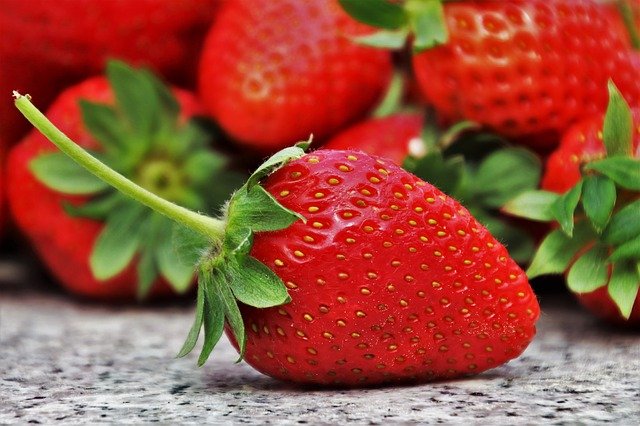53% rise in contamination of European fruit by the most harmful pesticides in last nine years, finds survey
July 2022 - Chemicals
 53% rise in contamination of European fruit by the most harmful pesticides in last nine years: A survey of European fruits imported to the UK has revealed that the number contaminated by the most hazardous chemicals has increased by 53% over the last nine years since the last survey.
53% rise in contamination of European fruit by the most harmful pesticides in last nine years: A survey of European fruits imported to the UK has revealed that the number contaminated by the most hazardous chemicals has increased by 53% over the last nine years since the last survey.
The survey conducted by Pesticide Action Network (PAN) did not include produce grown in the UK but analysed almost 10,000 samples of European fruit including peaches, cherries and apples.
Analysis revealed that half of the imported blackberries surveyed had residues of some of the most harmful pesticides (51%) while the second and third most contaminated fruits were peaches (45%) and strawberries (38%). Cherries (35%), apricots (35%) and a third of apples (33%) were also affected.
Turning to vegetables, celery was the most contaminated (50%), followed by celeriac (45%) and kale (31%).
Although the chemicals involved are currently permitted in the EU they have been identified as 'candidates for substitution’ which means they are to be phased out or replaced by other substances that are less harmful to people and the environment.
The pesticides most frequently recorded were fluxioxonil, cyprodinil, tebuconazole, difenoconazole, lambda cyhalothrin and etofenprox (in order of frequency).
The survey also revealed that contamination on cherries had more than doubled in the nine years from 2011 to 2019 from 22% to 50%, while the residues on kiwi fruits increased from 4% to 32%
PAN Europe spokeswoman Salomé Roynel said: “Consumers are now in an awful position, told to eat fresh fruit, much of which is contaminated with the most toxic pesticide residues linked to serious health impacts."
Sign up to our newsletter to receive free insights from your sector...
Support Us...
We hope that you have found this article useful. This section is freely available for all to use. Please help support it by liking us or following us on our social media platforms:










